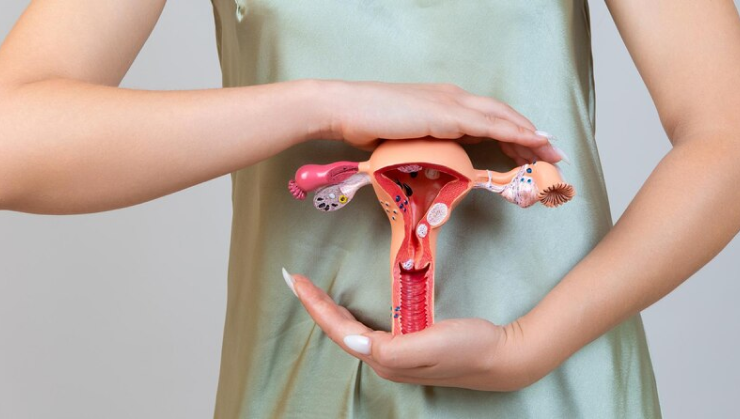
Obstetrics, Gynaecology and Fetal Medicine
Reproductive Tract Infections (RTIs): Causes, Symptoms, Treatment, and Prevention
December 2023
Obstetrics, Gynaecology and Fetal Medicine

Menopause is a natural phase in a woman's life that marks the end of her reproductive years. While it is a normal transition, the symptoms and changes associated with menopause can be challenging. In this article, we'll explore the symptoms of menopause and the various treatment options available to help women cope with this significant life stage.
Menopause typically occurs in women between the ages of 45 and 55, although it can happen earlier or later. It is defined as the point when a woman has gone 12 consecutive months without a menstrual period. Menopause is a result of hormonal changes, particularly a decrease in estrogen and progesterone production by the ovaries.
Coping with menopause can be a unique experience for every woman. While the symptoms can be challenging, it's important to remember that there are various treatment options available to help manage and alleviate these symptoms. The best approach to managing menopause will depend on individual preferences, medical history, and the advice of a healthcare provider. Open communication with your healthcare provider is crucial in order to create a personalized treatment plan that fits your needs, ultimately making the transition through menopause as comfortable as

Obstetrics, Gynaecology and Fetal Medicine
December 2023

Obstetrics, Gynaecology and Fetal Medicine
December 2023